What to Expect From Your Unique Excavation Project
Embarking on an excavation project can be a daunting yet exhilarating endeavor. Whether you're a homeowner interested in building a new foundation or a developer preparing land for a multi-acre commercial development, understanding the nuances of excavation can make the process smoother and more successful. This post will guide you through what to expect as you plan and execute your unique excavation project, ensuring you are well-prepared for the challenges and opportunities that lie ahead.
Understanding Your Project’s Unique Requirements
Each excavation project is distinct, tailored specifically to the requirements of the land and the intended construction purpose. The initial step is a comprehensive site assessment, conducted to determine soil characteristics, water table levels, and any potential obstacles like rocks or roots. Analyzing these factors helps in selecting the appropriate type of excavation for your needs. According to the Designing Buildings Wiki, there are five main types of excavation: earth, muck, topsoil, rock, and unclassified. Understanding these categories will aid in planning the appropriate methodologies and equipment to be used.
Knowing The Importance of Strategic Planning
Once the site has been assessed, planning becomes the most crucial part of an excavation project. Proper planning involves not just the physical aspects of the dig but also logistics, such as equipment scheduling and labor allocation. A well-constructed plan includes contingency strategies for unexpected developments like weather changes or undiscovered utility lines, ensuring minimal disruptions. Being prepared for such eventualities is vital, as delays can significantly affect project timelines and budgets. Thus, having a structured approach to planning can safeguard against potential pitfalls.
Keeping Effective Communication in Mind
Communication among stakeholders is also a cornerstone of a successful excavation project. Regular updates and clear directives are essential between contractors, architects, engineers, and clients. Establishing a transparent channel of communication ensures that everyone involved is aligned with the project's objectives, progress, and any adjustments that need to be made. This synergy not only fosters a collaborative environment but can also preemptively resolve issues before they escalate, building trust and accountability across all parties involved.
Each unique excavation project presents its own set of challenges and rewards. Through careful site assessment, meticulous planning, and open lines of communication, the process can be efficiently managed to meet the specific needs of your construction project. By understanding the types of excavation and anticipating potential surprises, you'll be better equipped to handle any hurdles and complete your project successfully. Be sure to reach out to ICON Grading & Construction today for more information on our professional excavation services!
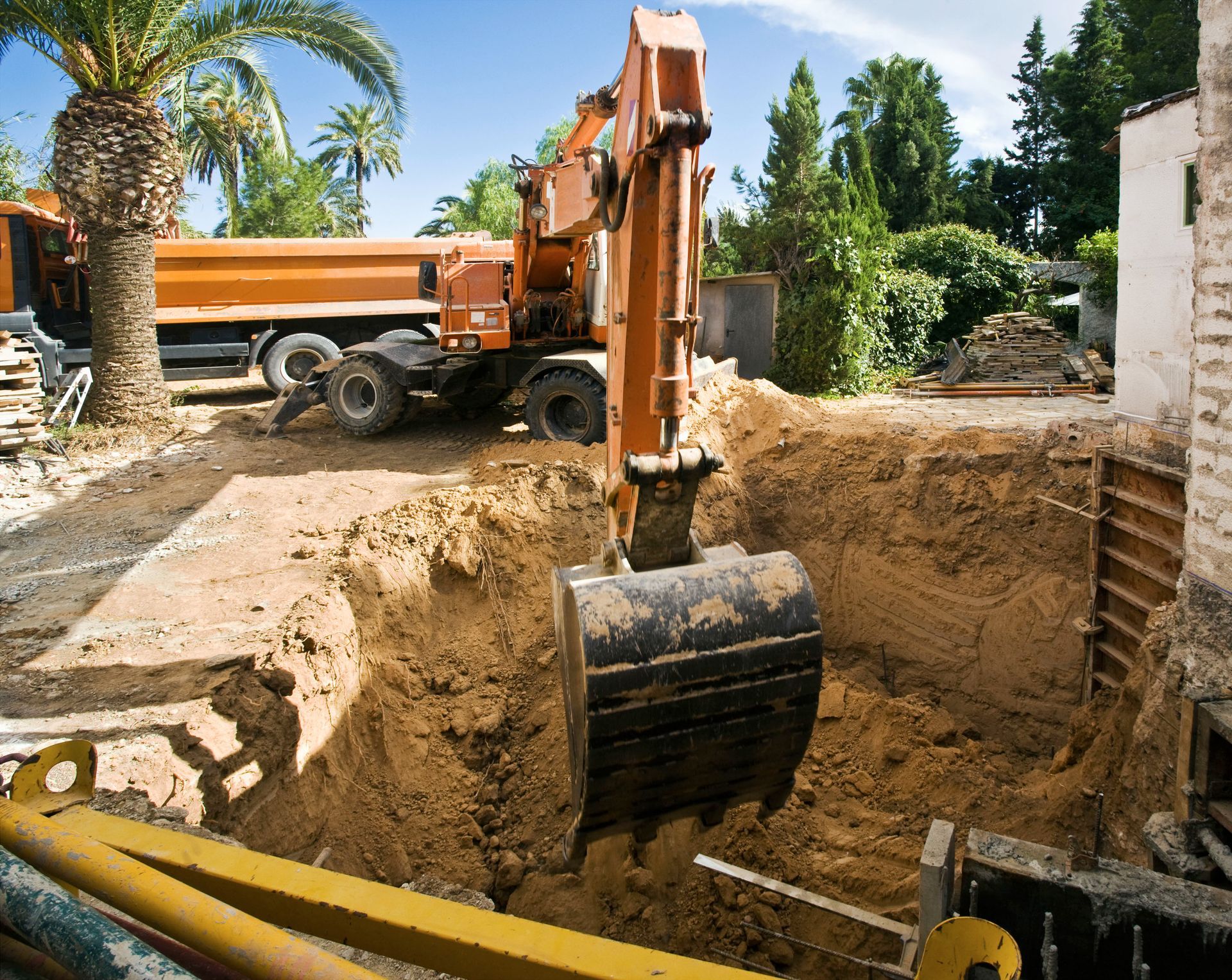
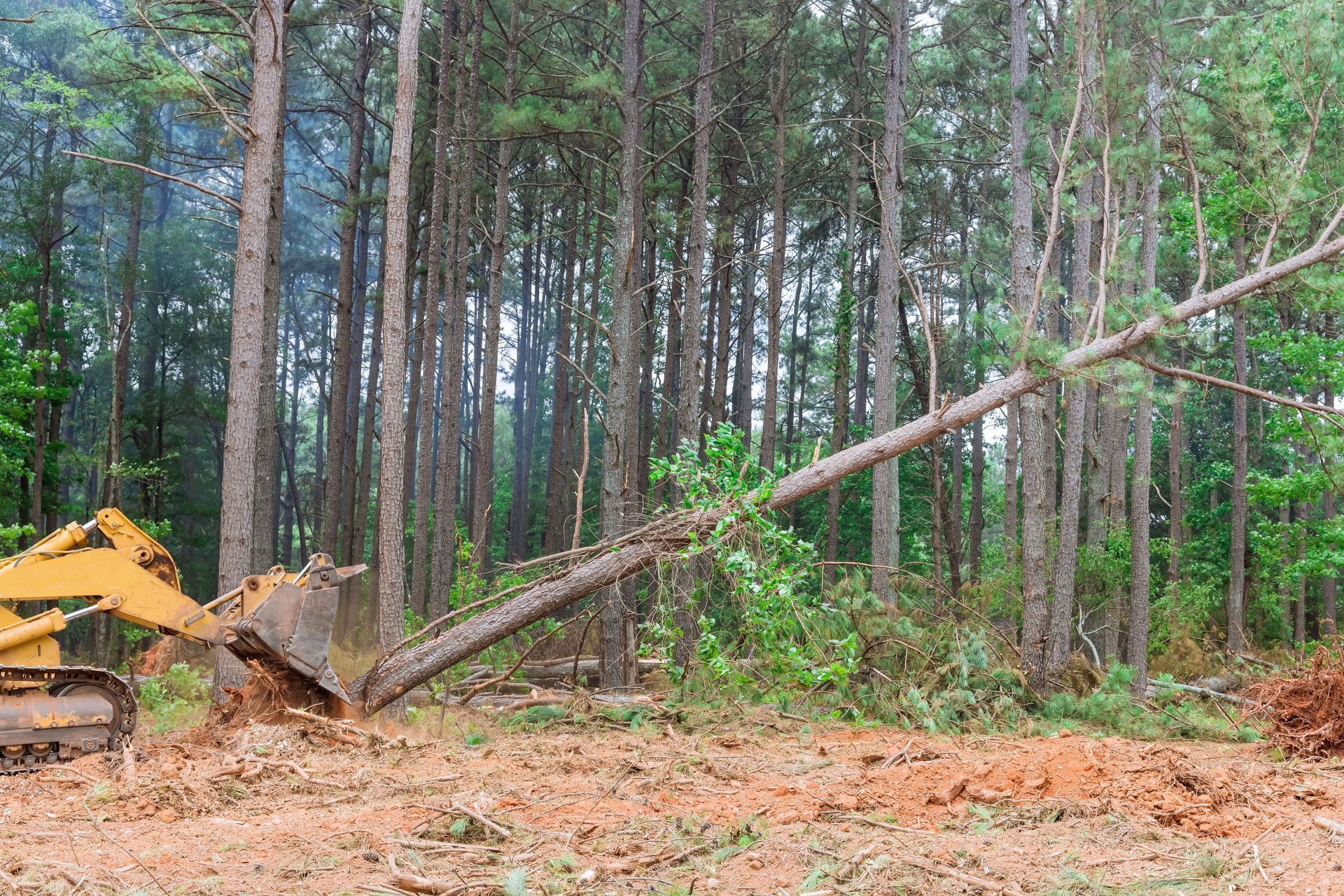
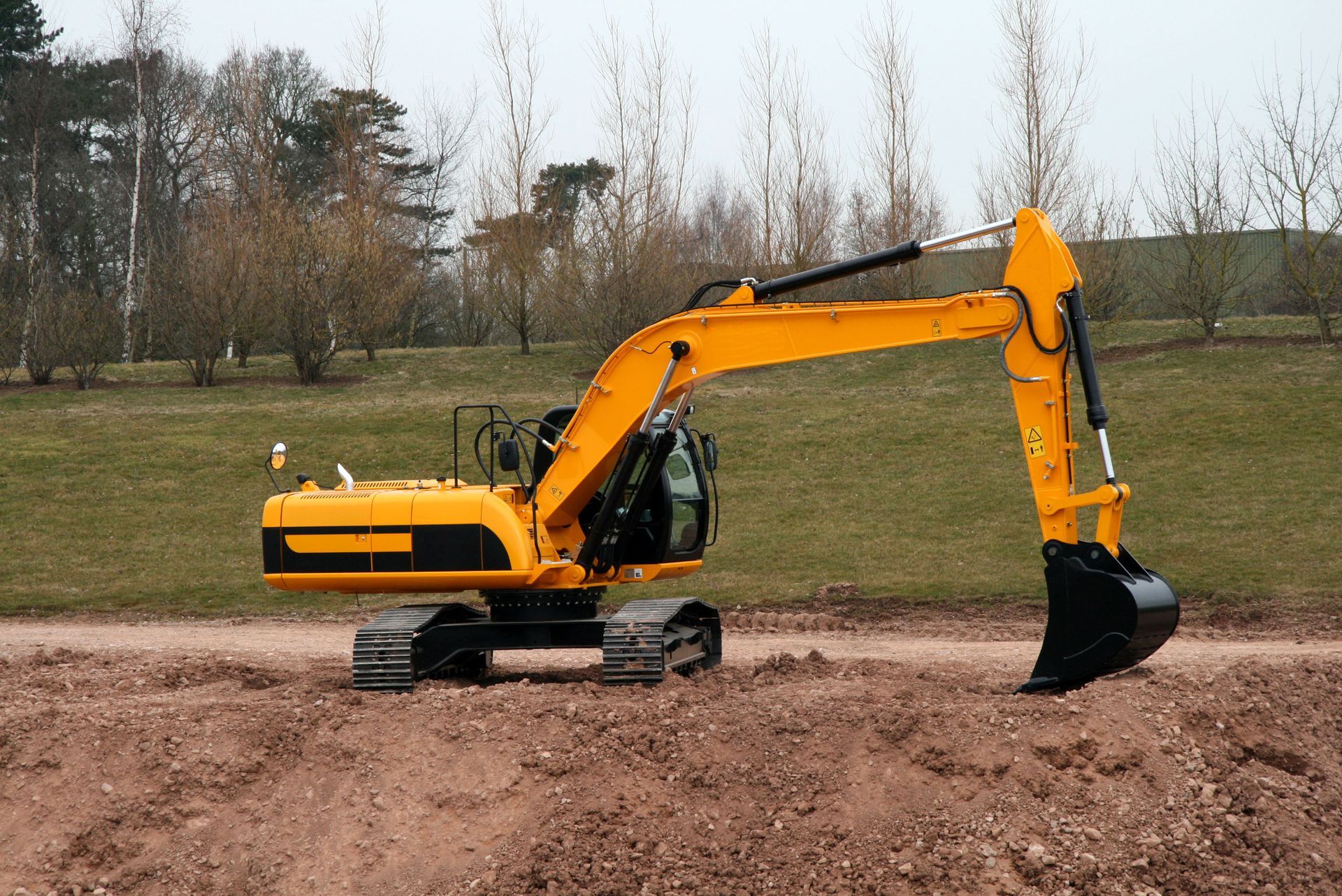





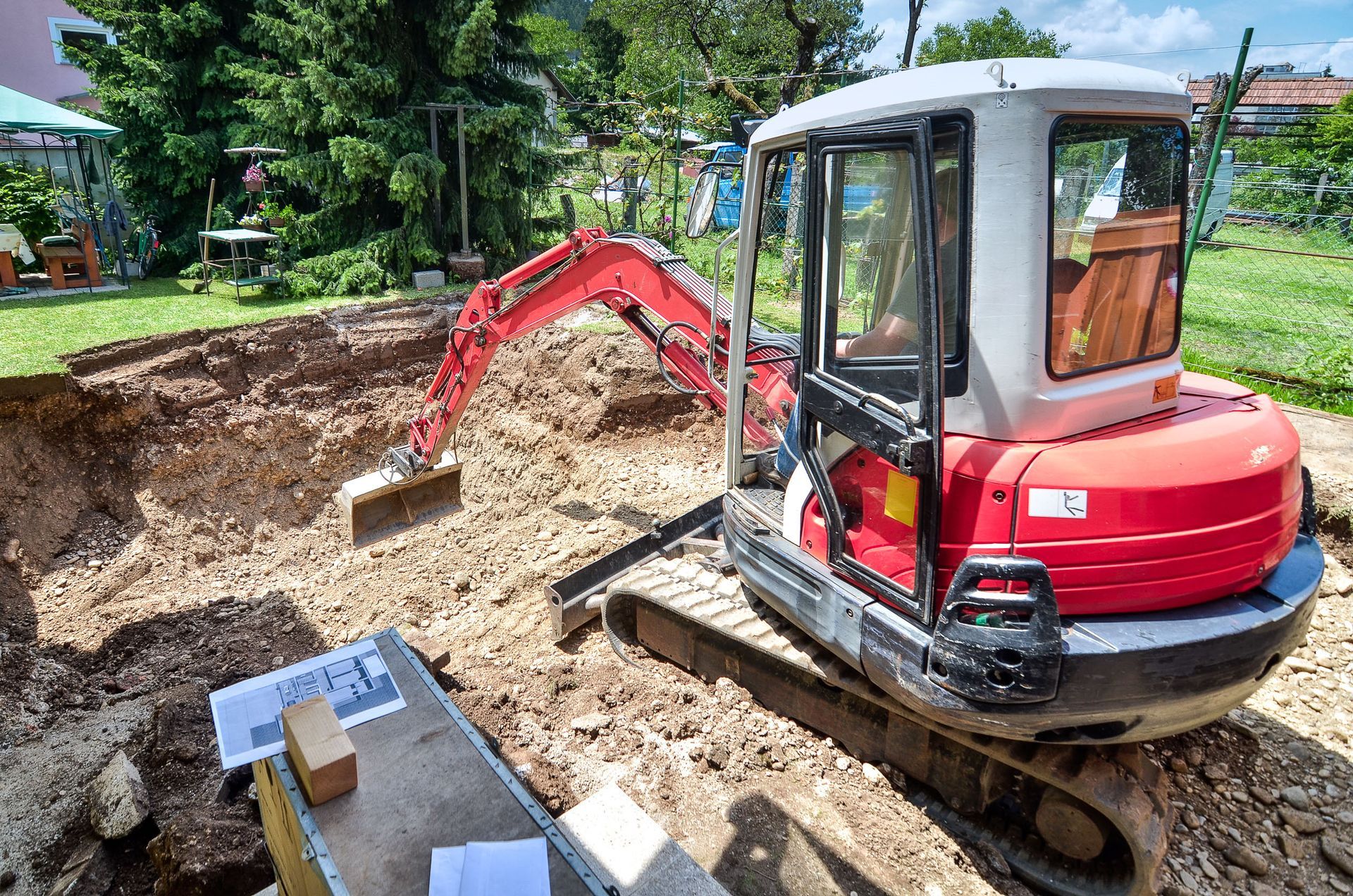
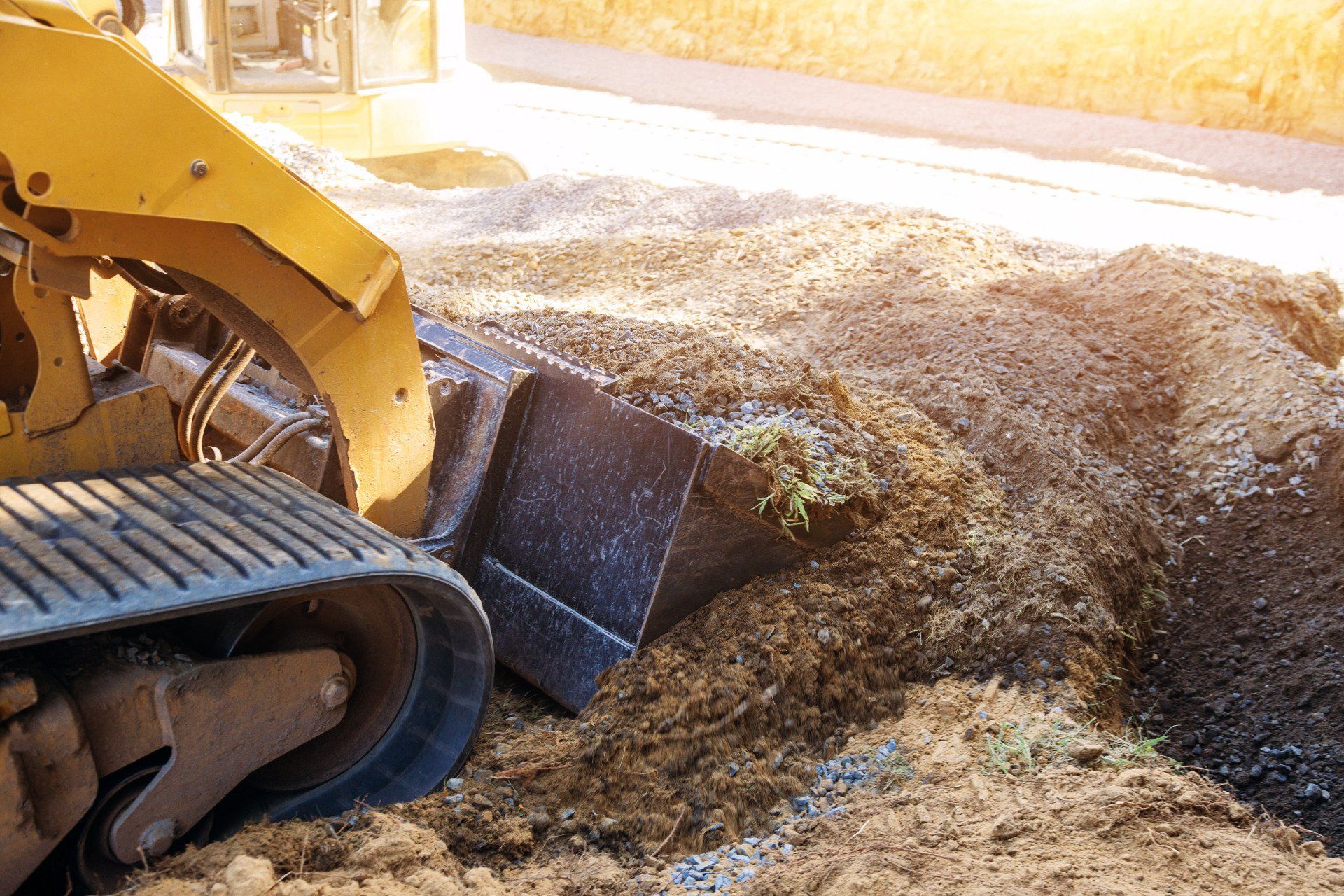
Share On: